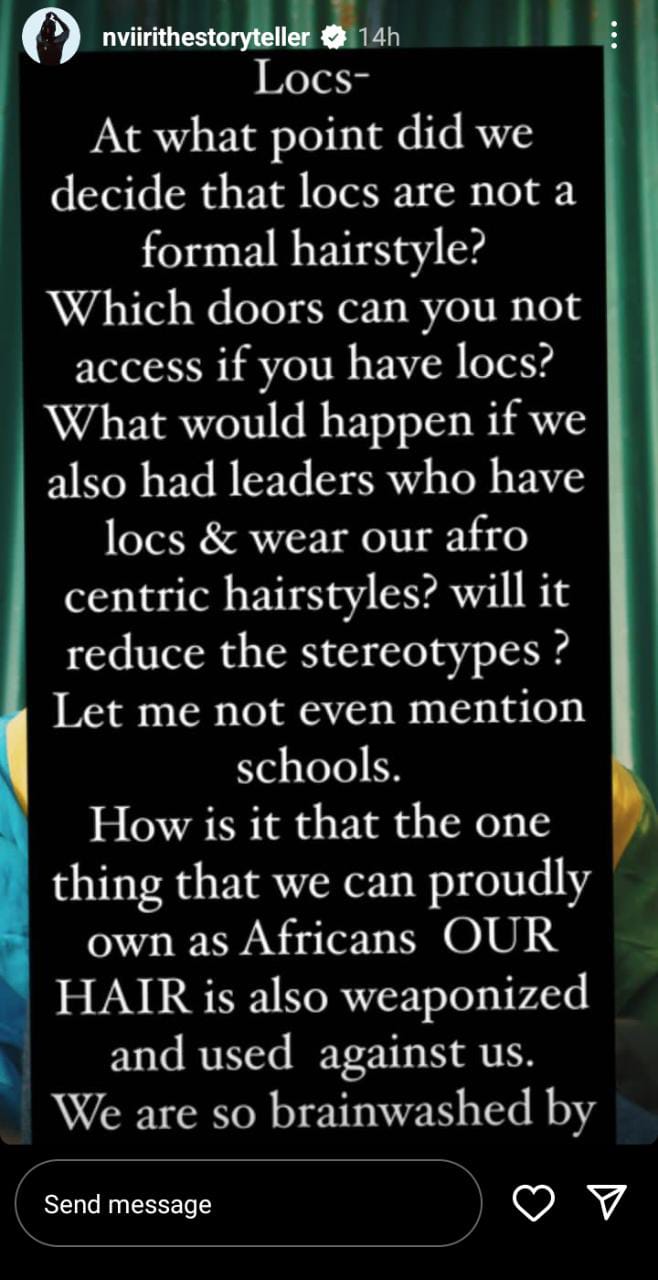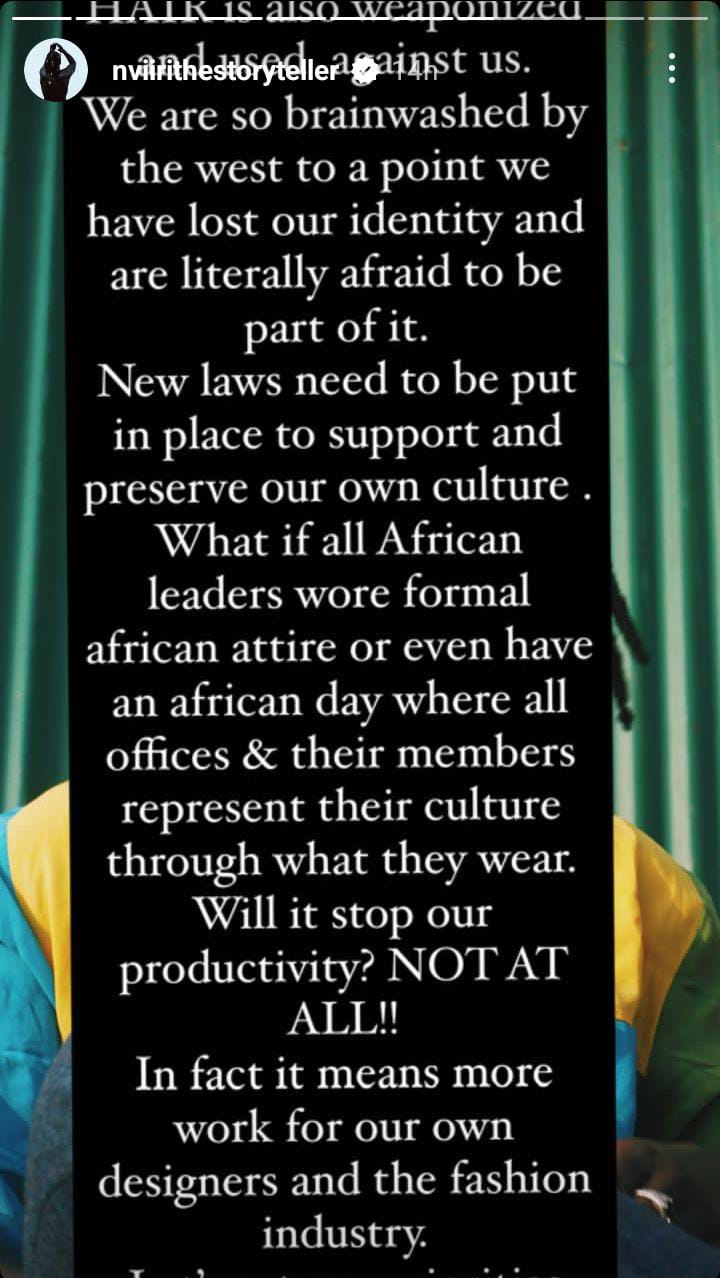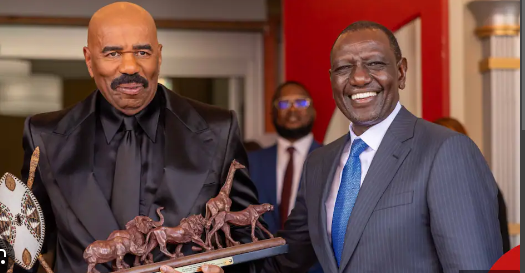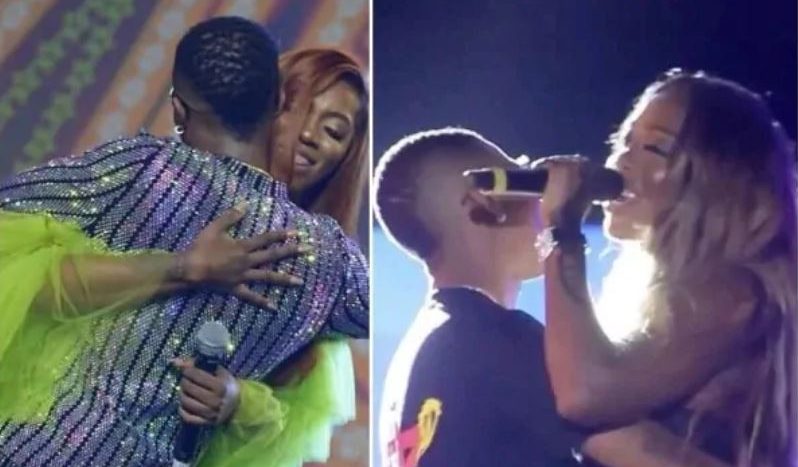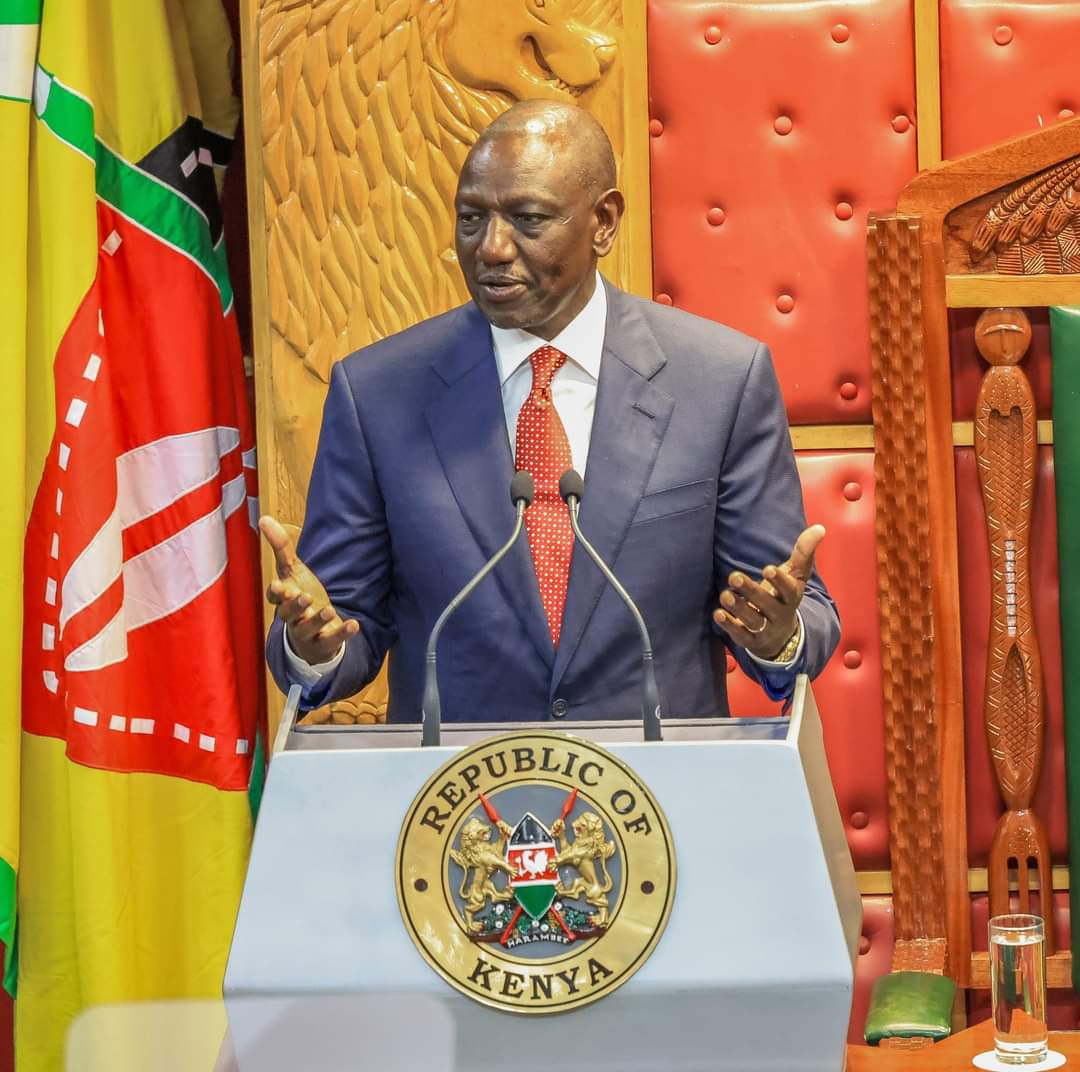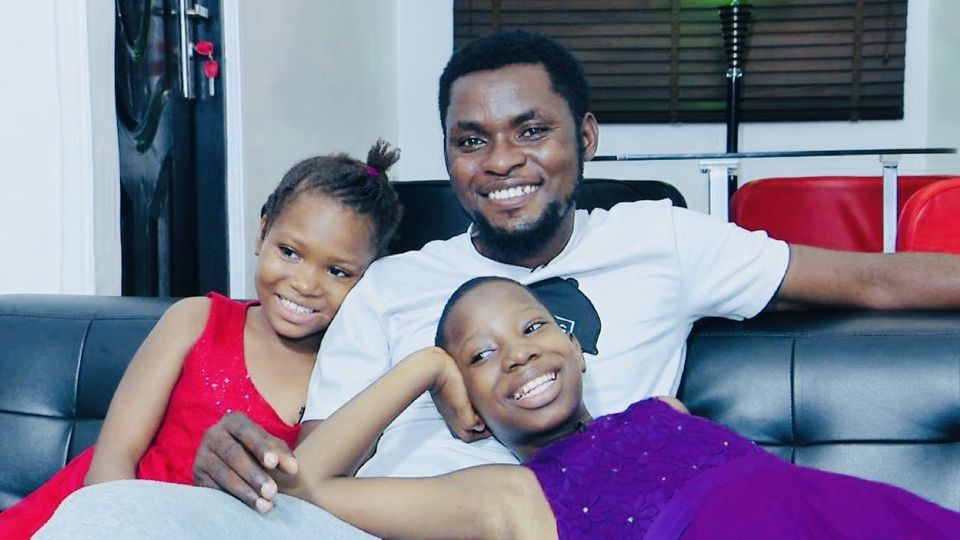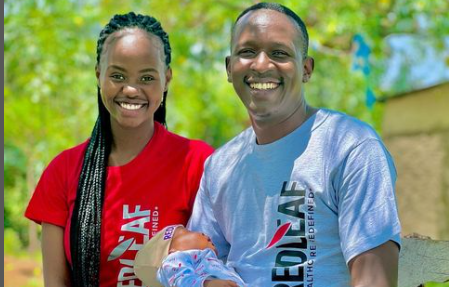Dreadlocks Stigmatization- Do Locs Signify Rebel?
Different hairstyles have often been synonymous with a symbol of identity – especially dreadlocks. Dreadlocks are often associated with the Rastafarians of Jamaica, but some hair experts claim that the dreadlock history is not unique to Jamaica and Rastafarians. It’s more than just a style; it’s an attitude, a way of life, inspiring passion and disapproval in equal measure. So why is it more popular than ever?
In Kenya and Tanzania, the Maasai warriors wear dreadlocks as a symbol of power, strength, and intimidation.
Most celebrities far & wide actually have dreadlocks on as their signature identity. The fact that there are several ways to blend the dreads makes it even more popular.
But there’s a despicable way people with dreadlocks are viewed by most.
Nviiri The Story-Teller recently opened up on the same and bashed stereotypes; claiming that dreadlocks should be embraced.

”Locs- At what point did we decide that locs are not a formal hairstyle? Which doors can you not access if yo have locs? What would happen if we also had leaders who have locs & wear our afro centric hairstyles?? Will it reduce the stereotypes? Let me not even mention schools…”
Nvirii continued to claim that most have been brainwashed by the West to aa point of losing sense of identity; adding that African leaders should embrace locs as a formal style.
A couple of Kenyan celebrities have their signature dreadlocks on; Nyashinski, Juliani, Thee Pluto, Mwende Macharia, J-blessing, Nviiri, Bensol, Nameless, among others.
Such celebrities have influenced some of their fans into having the same. But the truth is, there’s always some people who will view you differently when you have dreadlocks on.

